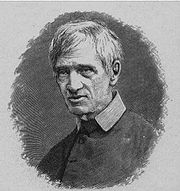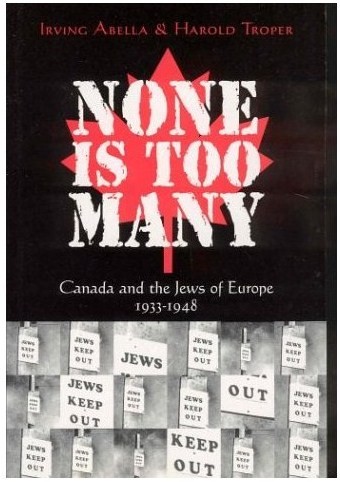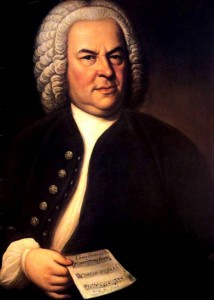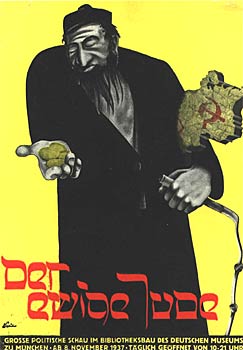
Just for the sake of general edification, if not just my own, this helpful note from Russell Perkin:
Joe, The quotation you are referring to is from John Henry Newman’s “English Catholic Literature,” one of the essays from the second part of The Idea of a University. (These essays on “University Subjects” are not very well known; they are not included in the recent Yale University Press edition of The Idea. ) Newman wrote: “I repeat, then, whatever we be able or unable to effect in the great problem which lies before us, any how we cannot undo the past. English Literature will ever have been Protestant.”
Newman, one of the Victorian sages Russell Perkin alludes to in an earlier post, is discussed in Frye’s essay “The Problem of Spiritual Authority in the Nineteenth Century,” along with Carlyle, Mill, and Arnold. The essay was originally published in The Stubborn Structure, and is reprinted in Northrop Frye’s Writings on the Eighteenth and Nineteenth Centuries, CW17


